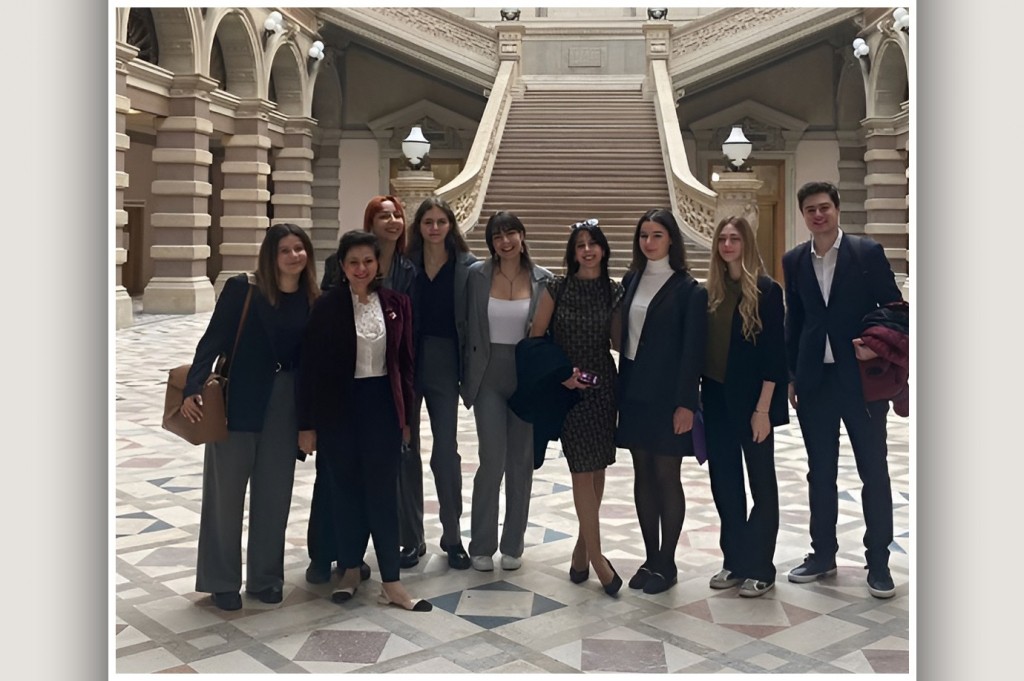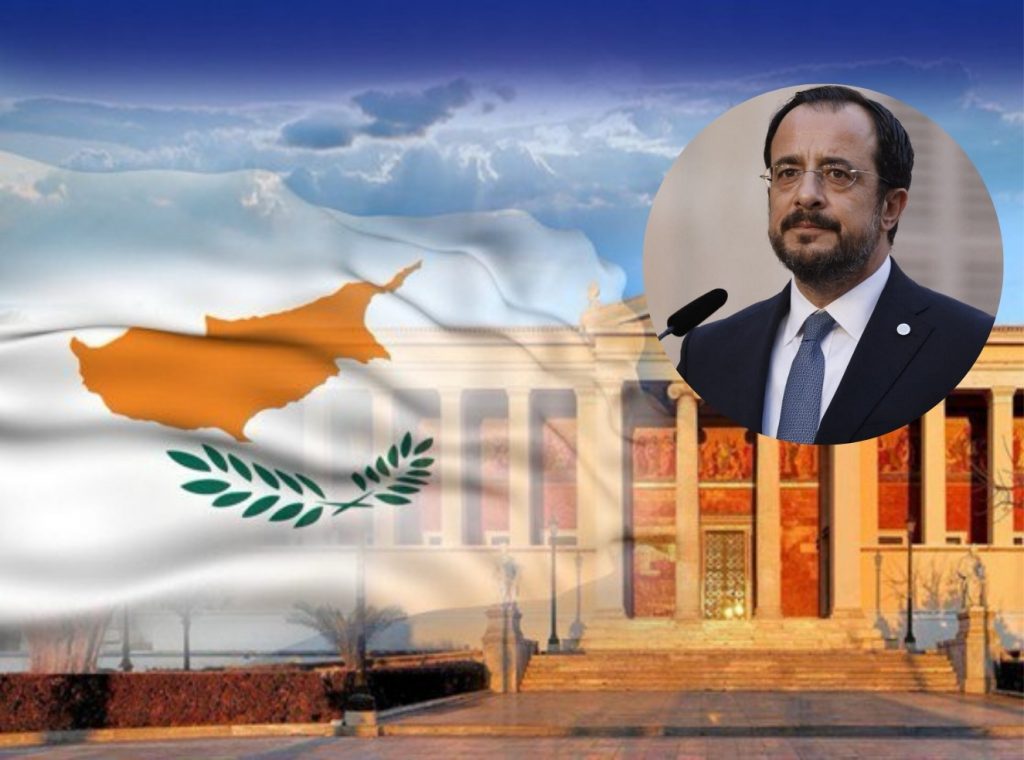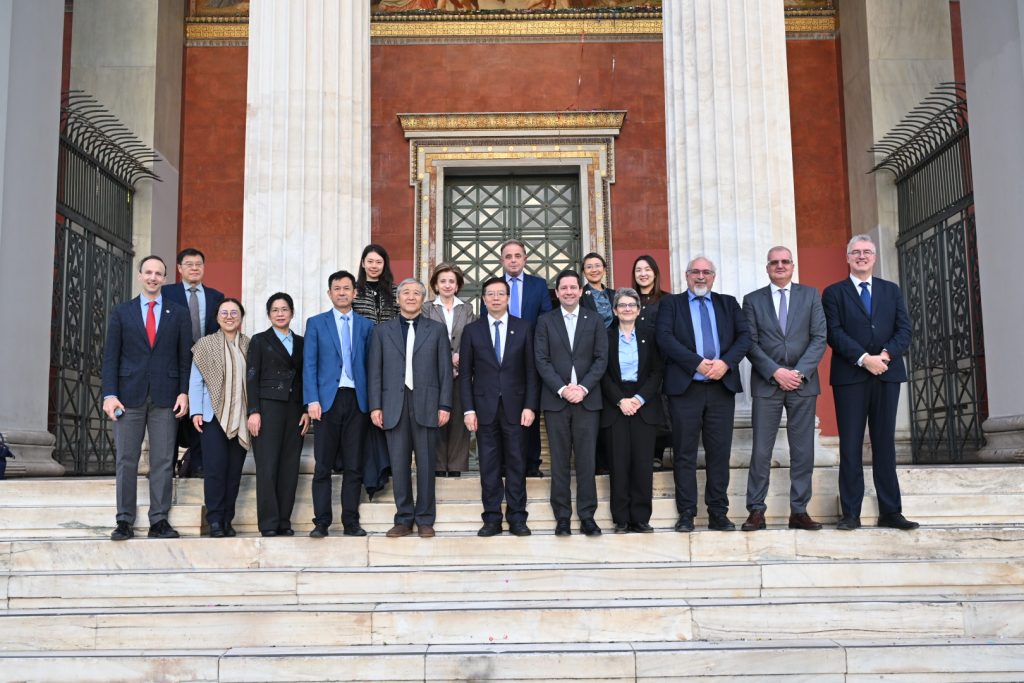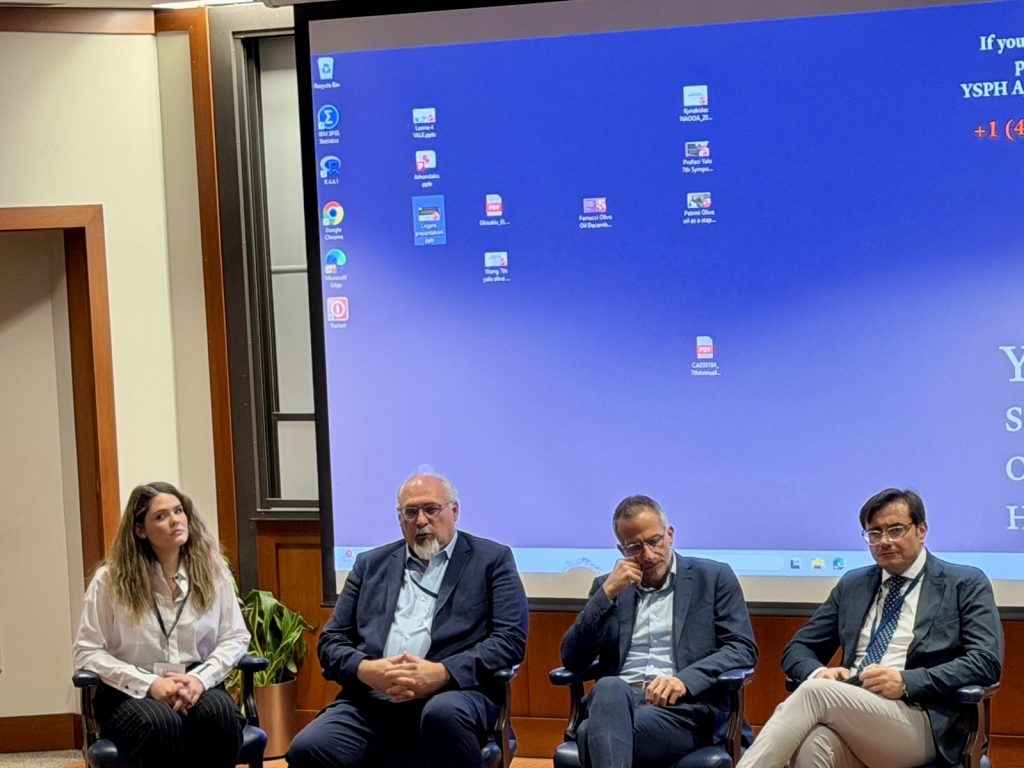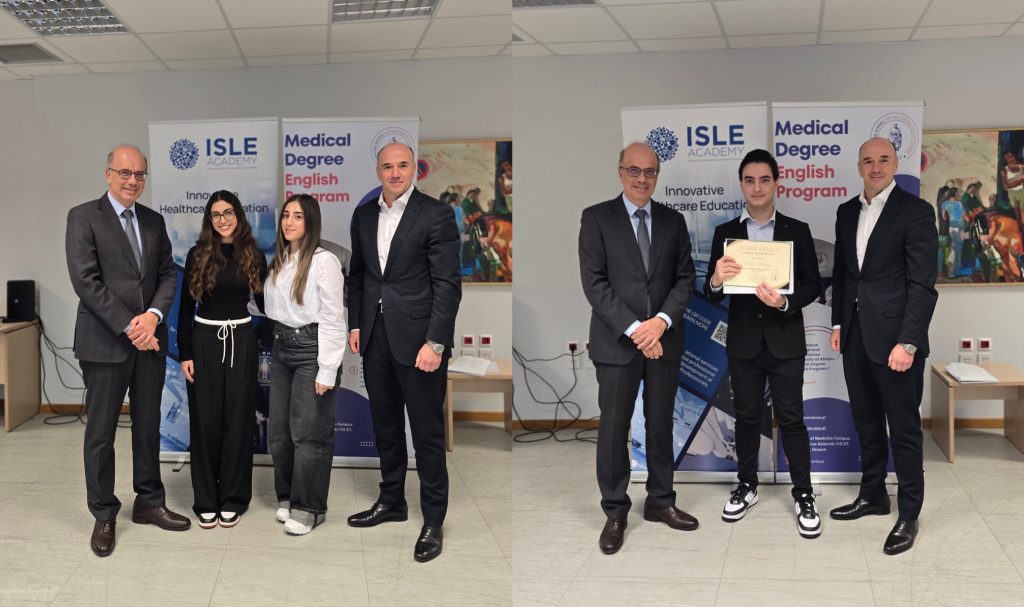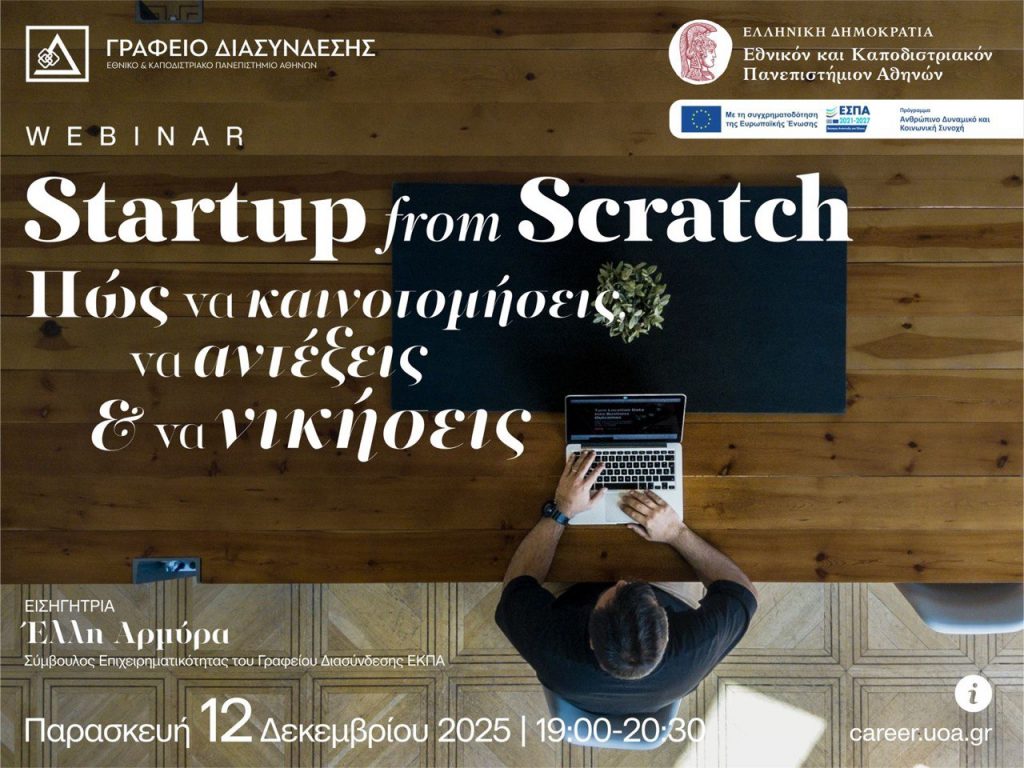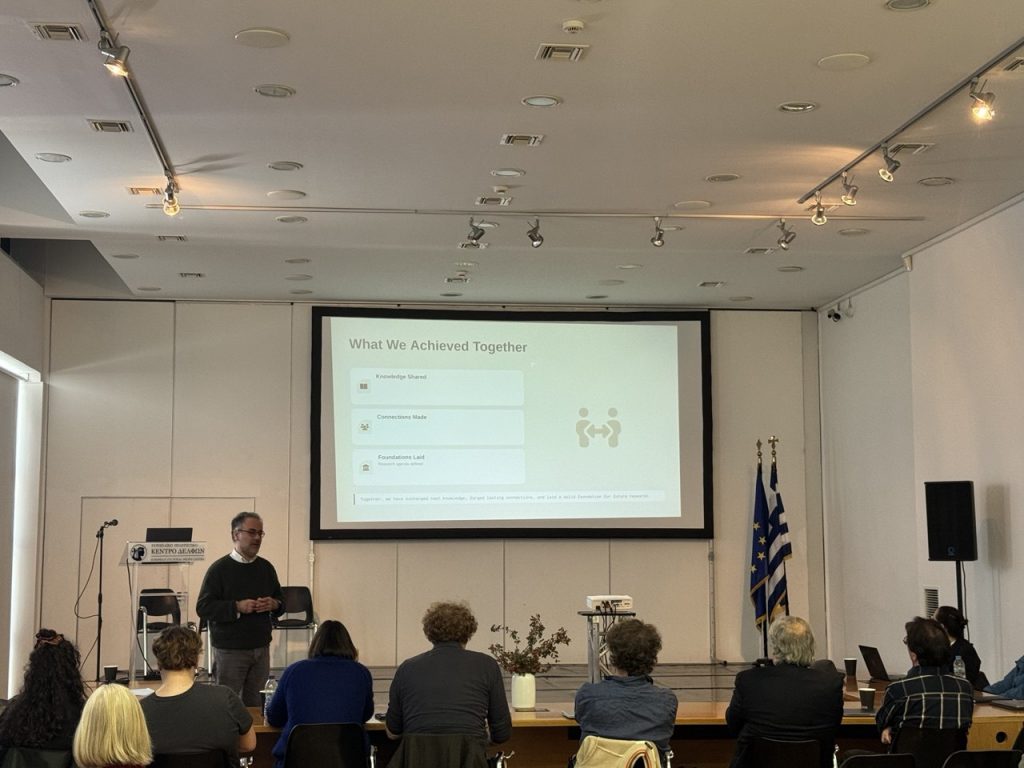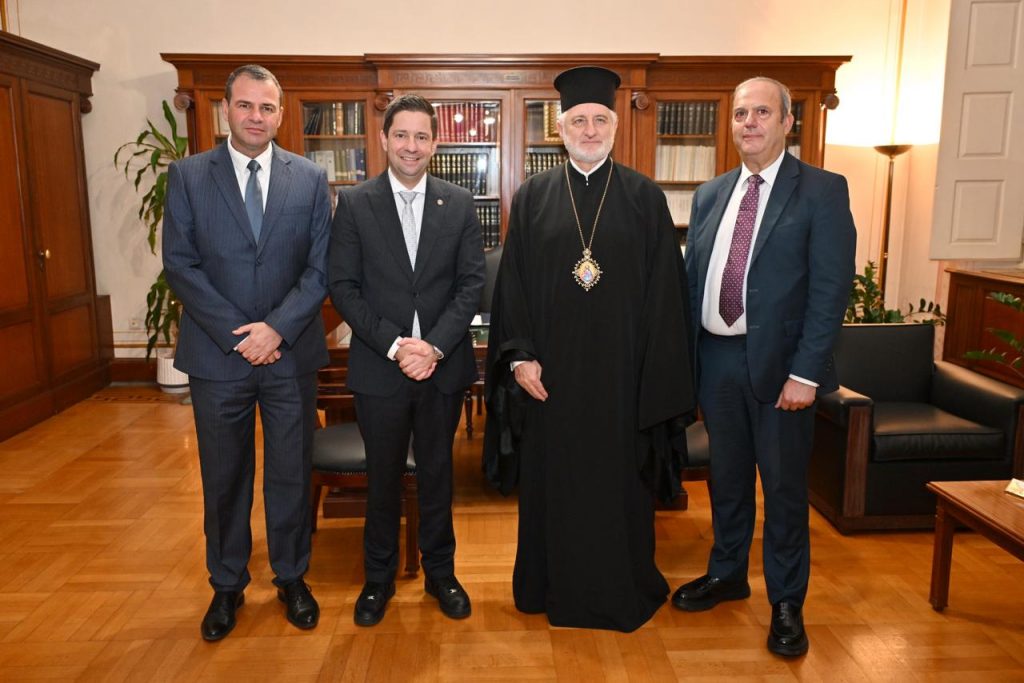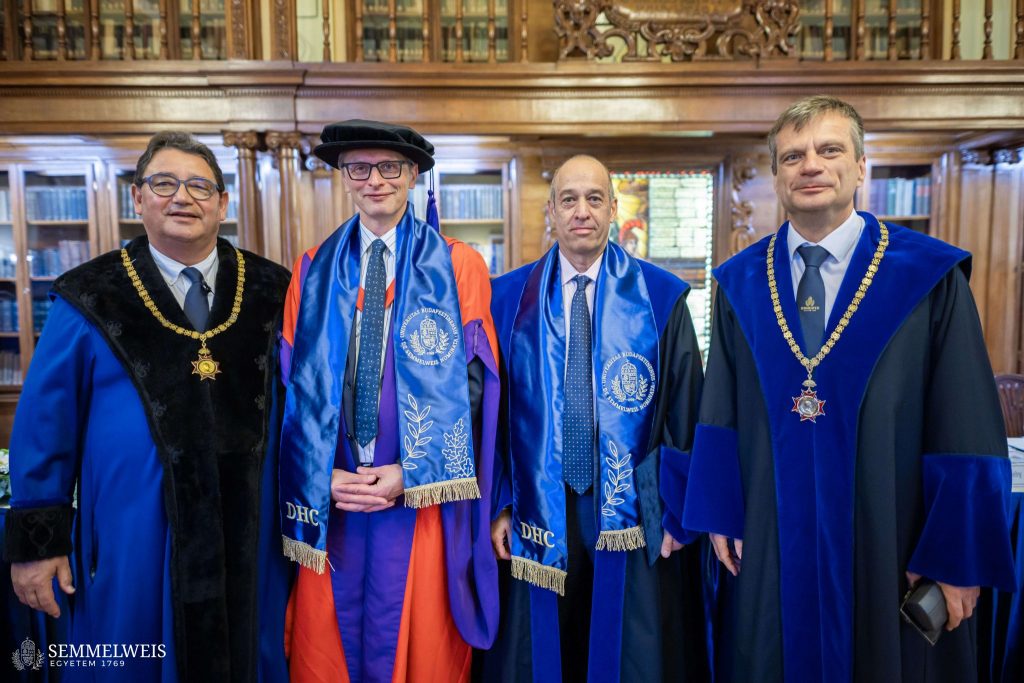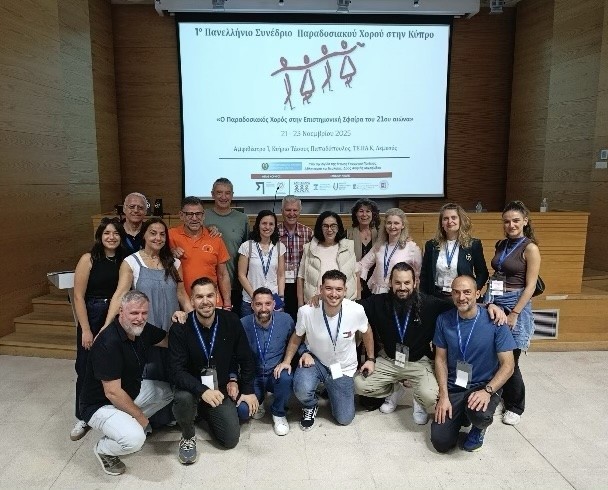The School of Law of the National and Kapodistrian University of Athens won the first prize at the 17th International Roman Law Moot Court Competition hosted by the School of Law of the University of Vienna from 3 to 6 April 2024. The winning team comprised Danae Argyropoulou, Maria Margariti, Rodanthi Karavasili, and Maria Fefe. The second individual prize—one of the two Honourable Mentions—went to speaker Maria Margariti.
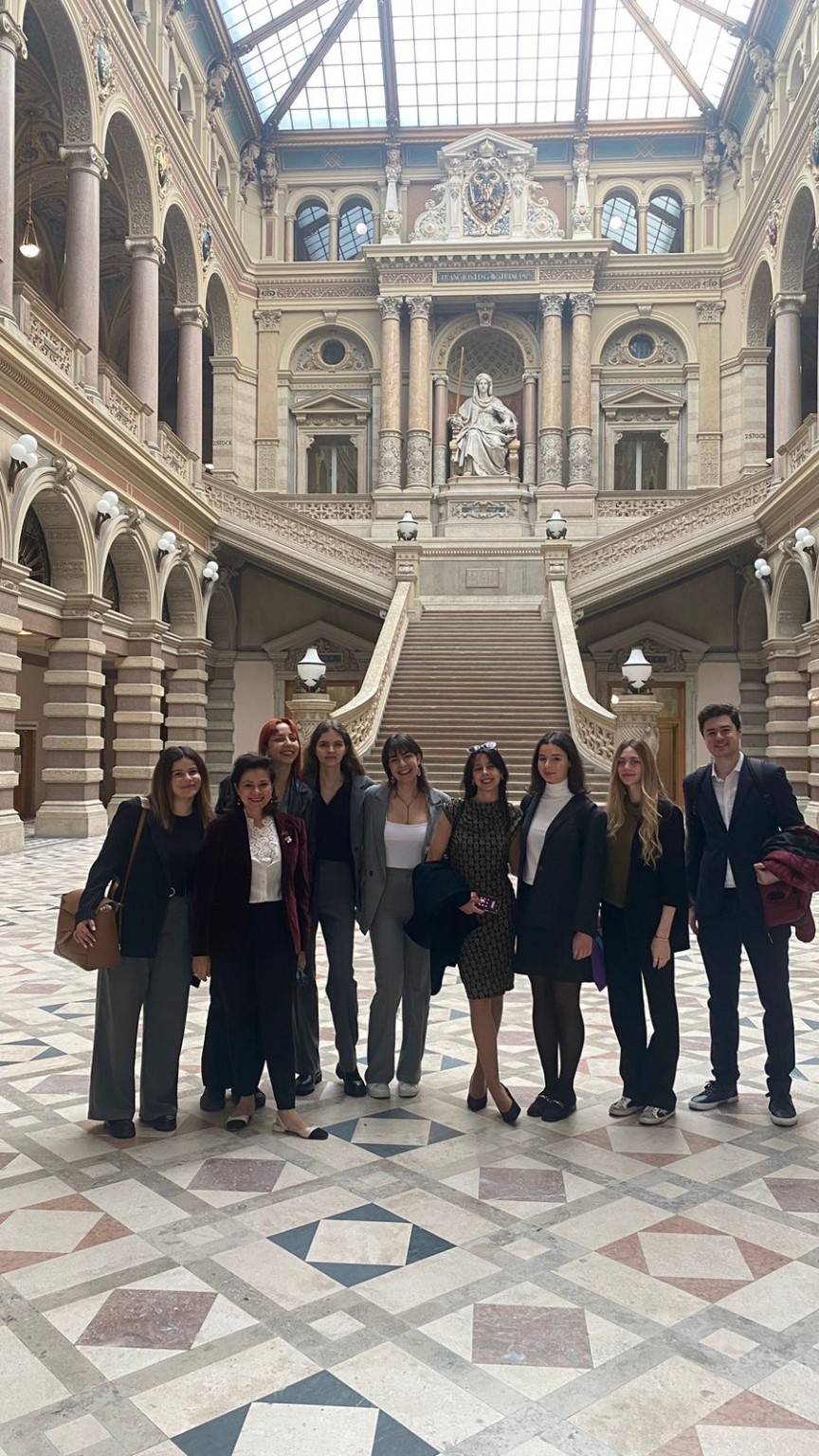
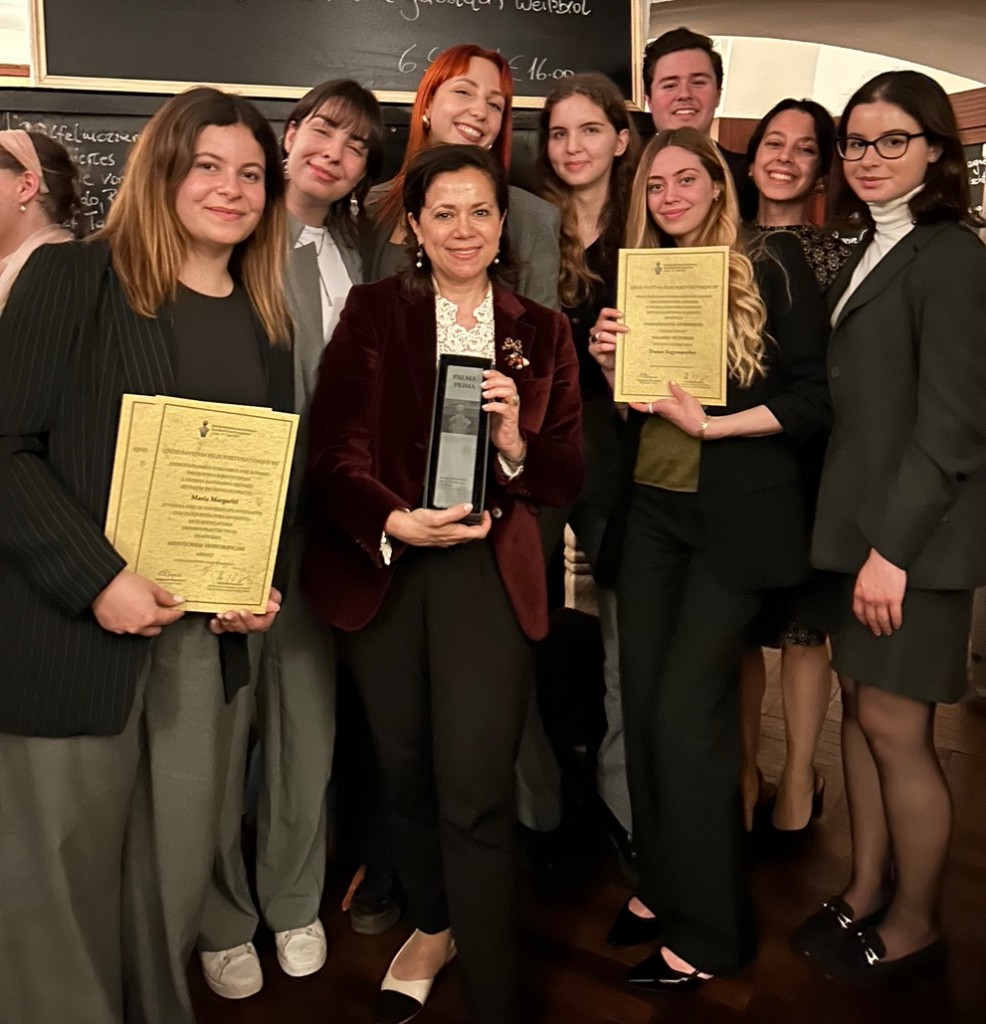
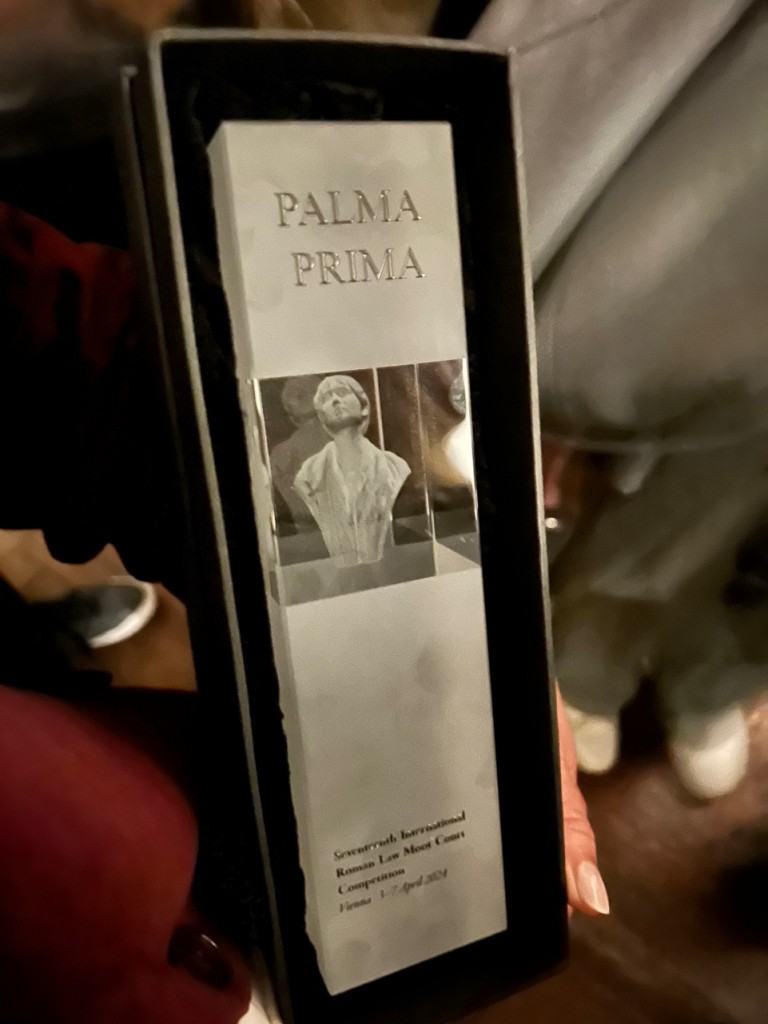
The team had trained under the academic supervision of Professor Athina Dimopoulou with crucial aid from the coaches, Artemisia Papadaki, attorney at law, and the winning team of the 16th International Law Moot Court Competition—Charalambos Vergadis, Anastasia Drosou, Akrivi Oikonomou, and Despina Polyzoi.
After the preliminary rounds of the competition, the NKUA’s School of Law progressed to the first group of the Semi-finals together with the University of Cambridge. In the Semi-finals, it defeated the University of Oxford. In the Grand Final, which took place in the Austrian Supreme Court before a panel of five judges—Professors of Roman Law—honourably led by the President of the Austrian Supreme Court, Professor Dr Georg Kodek, Athens competed against Liège and emerged as the big winner of the competition. The Small Final saw Cambridge secure third place over the University of Oxford, which received an Honourable Mention. In his opening remarks, the President of the Austrian Supreme Court highlighted the importance of teaching Roman Law in Law Schools as a means of sharpening up the reasoning ability of modern lawyers.

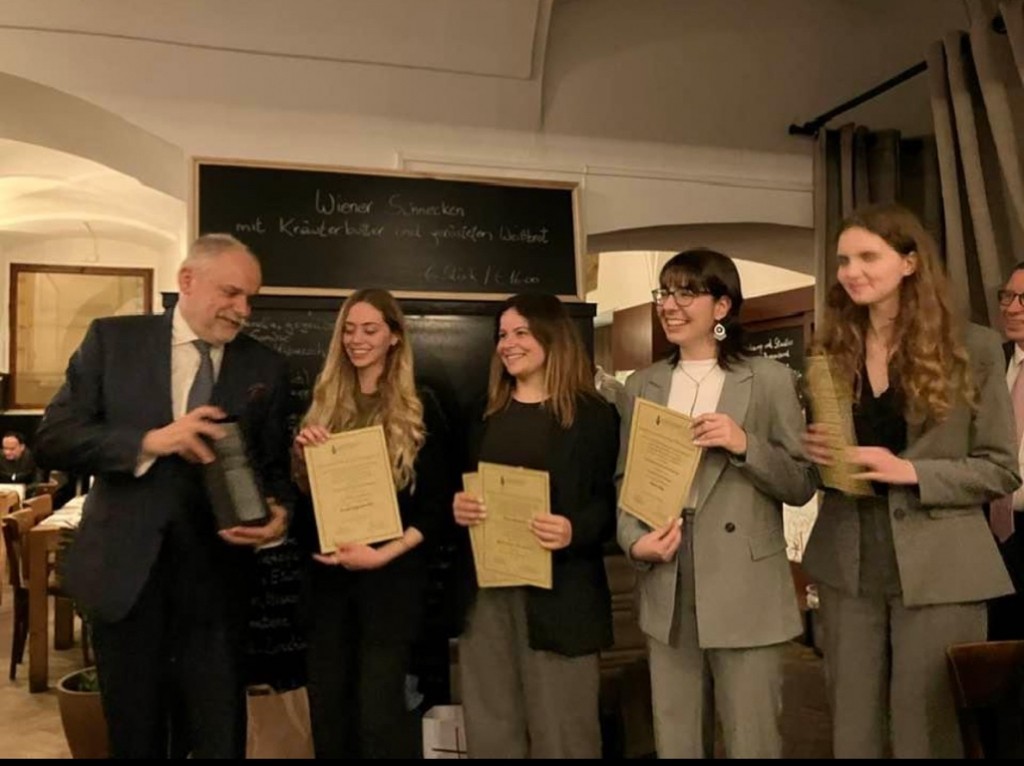

With this year’s distinction, the NKUA’s School of Law rose to the top of the list of teams to have won the competition over time among the 8 Universities from 6 countries participating in IRLM, with Cambridge coming in second and Oxford third.
Roman Law, the common foundation of contemporary Civil Law worldwide, enables young lawyers from various legal orders to compete in complex practical issues of private law, invoking the provisions of Justinian’s Codification from the legal sources of Justinian’s Code, the Digest, the Institutes, and the Novels. This year, the students pleaded for and against a vindication of property, a claim for revenues, and a compensation for lost profits, as well as an infringement of personality rights, arguing on issues of general principles, property, contract, inheritance, and procedural law. They were assessed by the judges based on their knowledge of the law, applying legal rules and principles, clarity and variation of expression, engaging with the bench, observing court etiquette, and managing time effectively.


